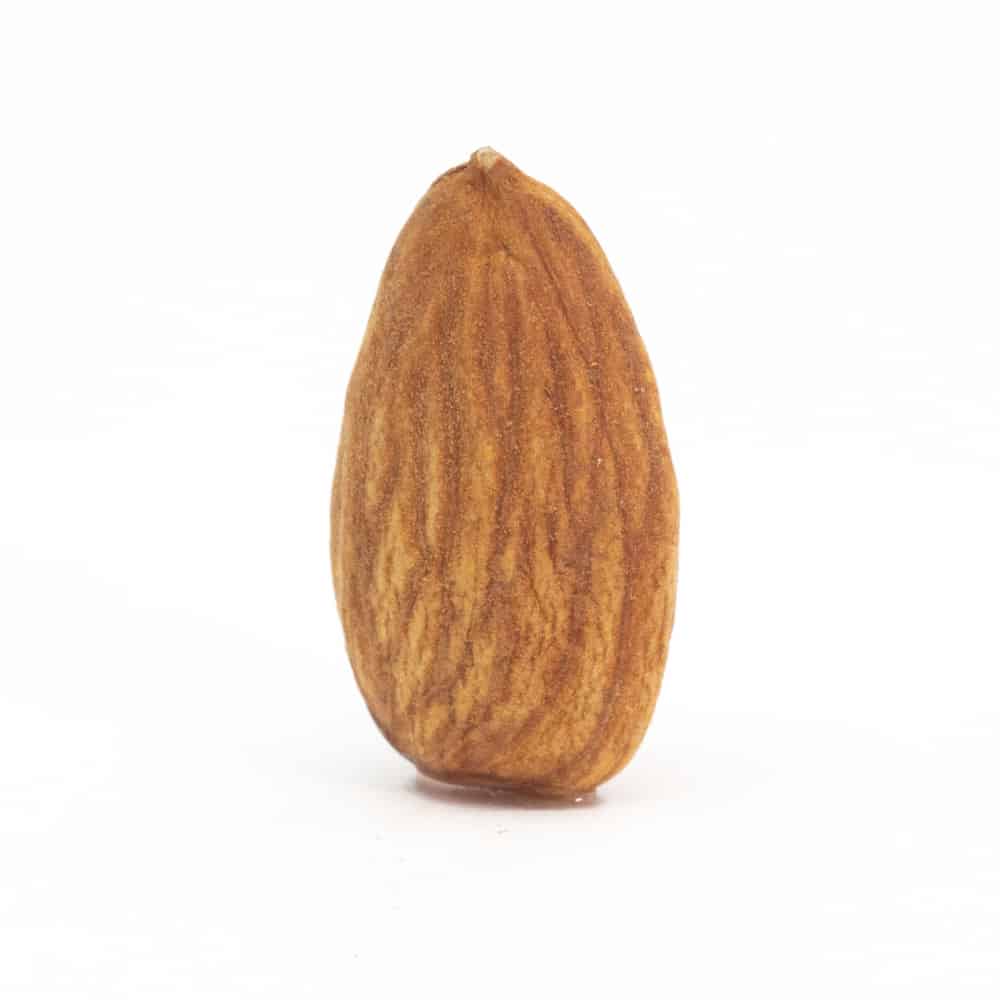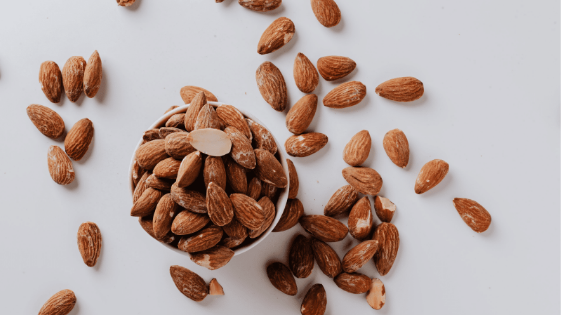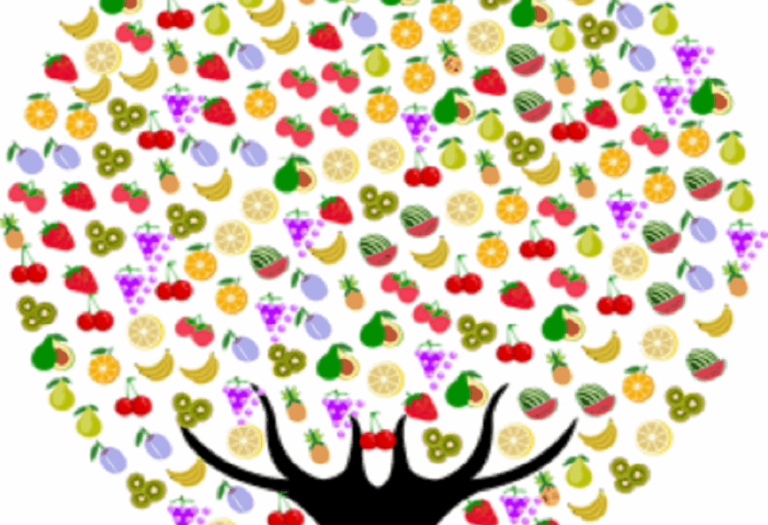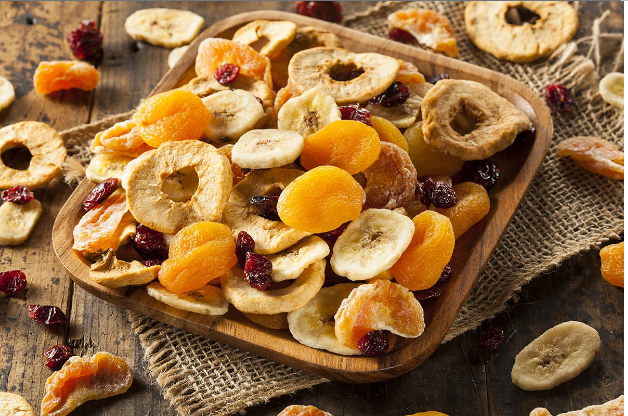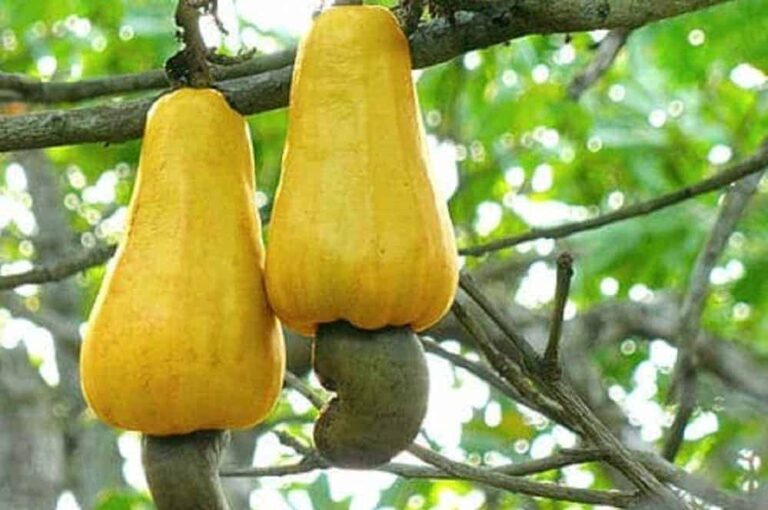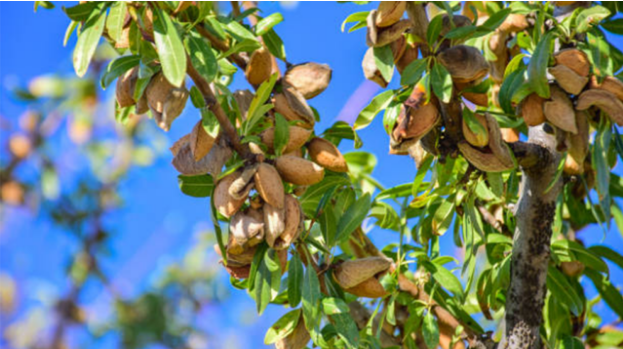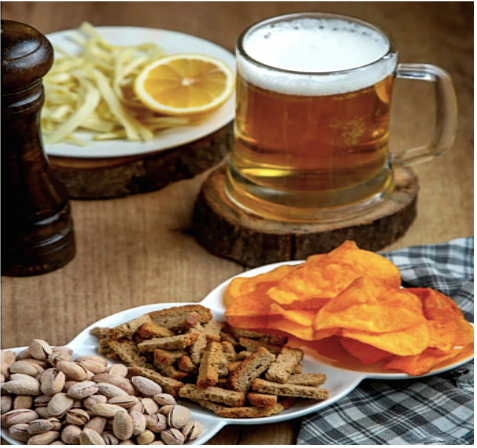Can You Eat Raw Almonds?
We got whole almonds. We’ve got whole almonds that are pasteurized. Almonds are oil-roasted and unsalted. Then, a whole bunch of trail mixes that contain almonds. How is a person supposed to choose between all these different types?
Well, if you start with almonds, start with almonds, whole un-roasted almonds. Why? Because we want to develop an appreciation for the taste of natural almonds, preferably organic almonds, you can add a layer on top of that with roasted almonds, salted almonds, or chocolate-covered almonds.
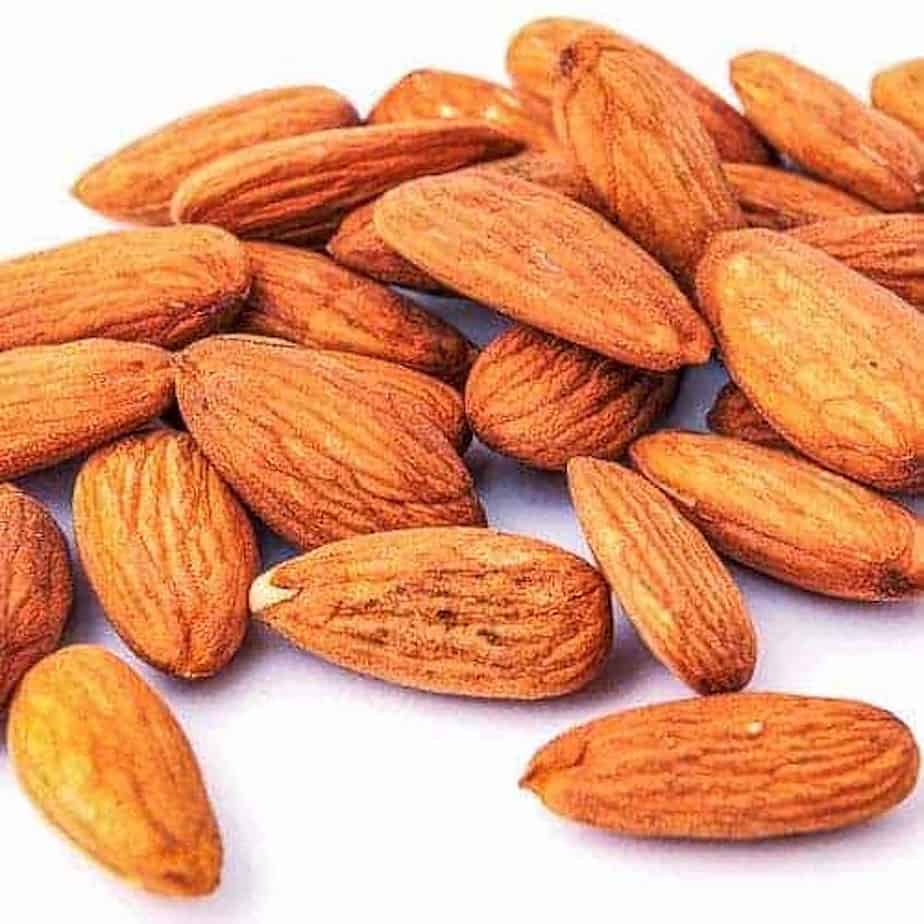
Where To Shop For Raw Almonds
Start with the source, and even if you can come to a place like Whole Foods Market and find fresh, non-dry almonds, like straight from the almond tree — and you can still find those in certain areas, specialty Mediterranean fruit shops. Maybe specialty online stores that sell fruits and nuts might be able to sell you fresh almonds, and there’s nothing like a fresh almond, I’ll tell you. Fresh almonds always answer, “Can You Eat Raw Almonds?”.
In Morocco, this grows in the trees in a person’s backyard. My parents are from Meknes, Morocco. This expands on trees; they make beautiful flowers, and you use every part of the almond tree in Morocco the Middle East, and North Africa. You can use the flesh to eat, just like I’m doing. You can grind the meat into almond flour. Almond flour makes delicious pastries, and it’s good in stews and soups, but especially in desserts.
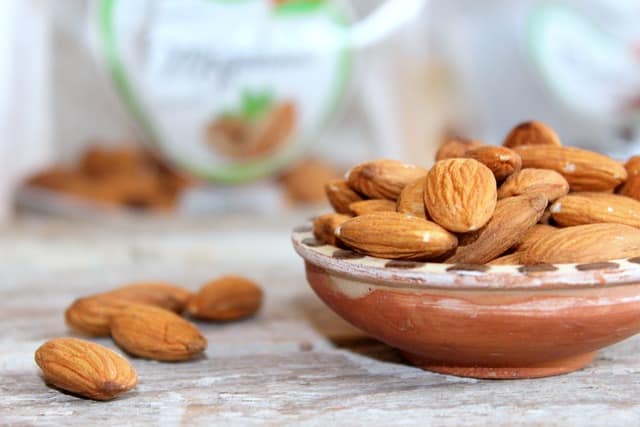
It contains protein, antioxidants, vitamins, and some good trace minerals. So when you eat that, you’re eating all the beneficial ingredients that give birth to life. Customers are asking, Can You Eat Raw Almonds? The answer is that if the ingredients are clean, there is no poison. If you want to read about poisonous almonds, you could read about ninjas using almonds hundreds of years ago when there were more dangerous varieties.
Almonds As Seeds
It’s like eating an egg. Almonds have everything you need. It’s plant-based. Whole almonds pasteurized, is because some people have some qualms about eating organic food. They say it doesn’t have as much of a shelf life, and it doesn’t because it’s not treated with pesticides, fungicides, or any of those things.
They’re flash-heated, maybe steamed, or very quickly steamed at over 100 degrees Celsius. The purpose is to kill all the pathogens on it, whether it’s fungi, bacteria, viruses, or whatnot. So it’s pasteurized, just like your milk is pasteurized, or your orange juice is pasteurized, these almonds are pasteurized.
